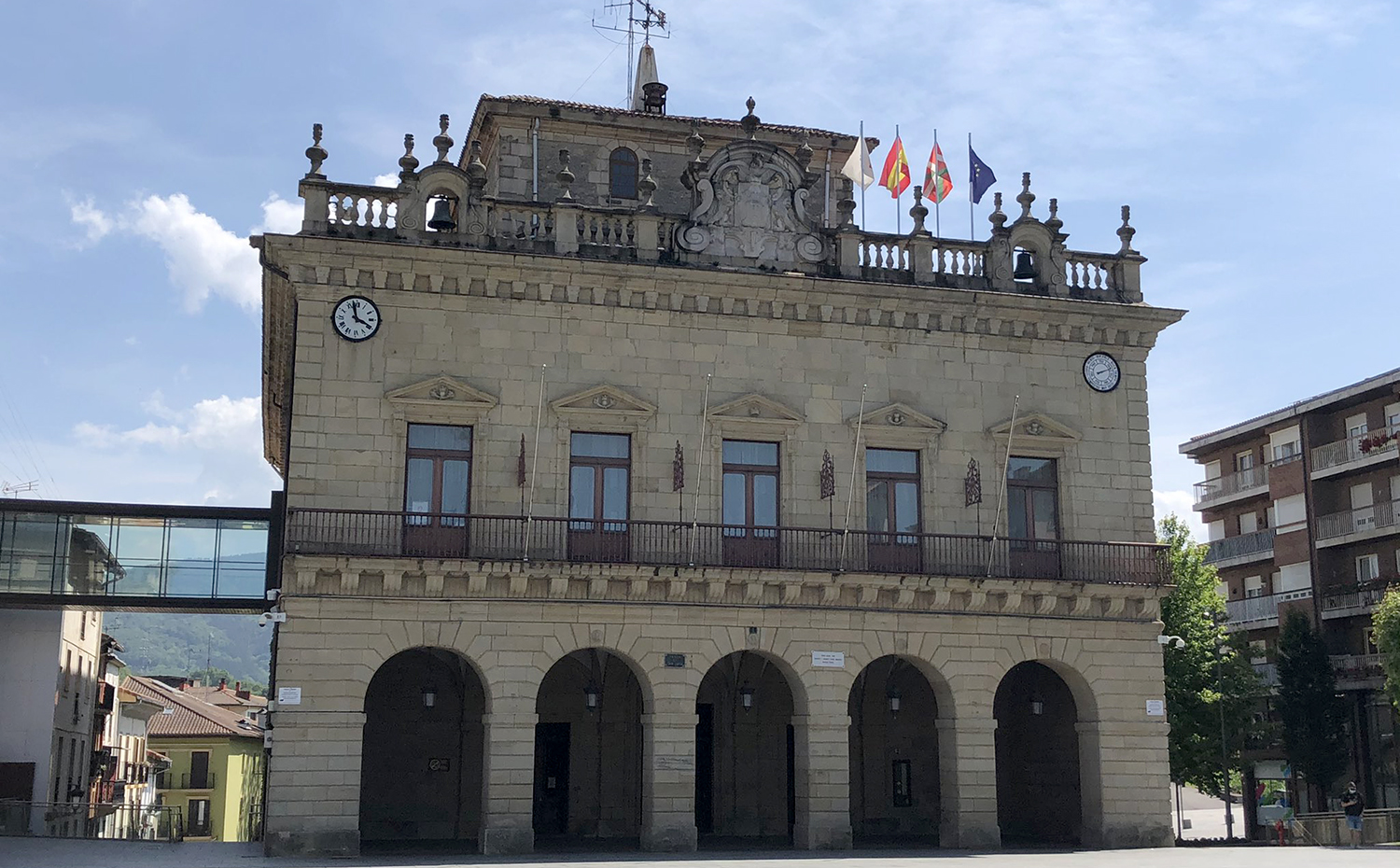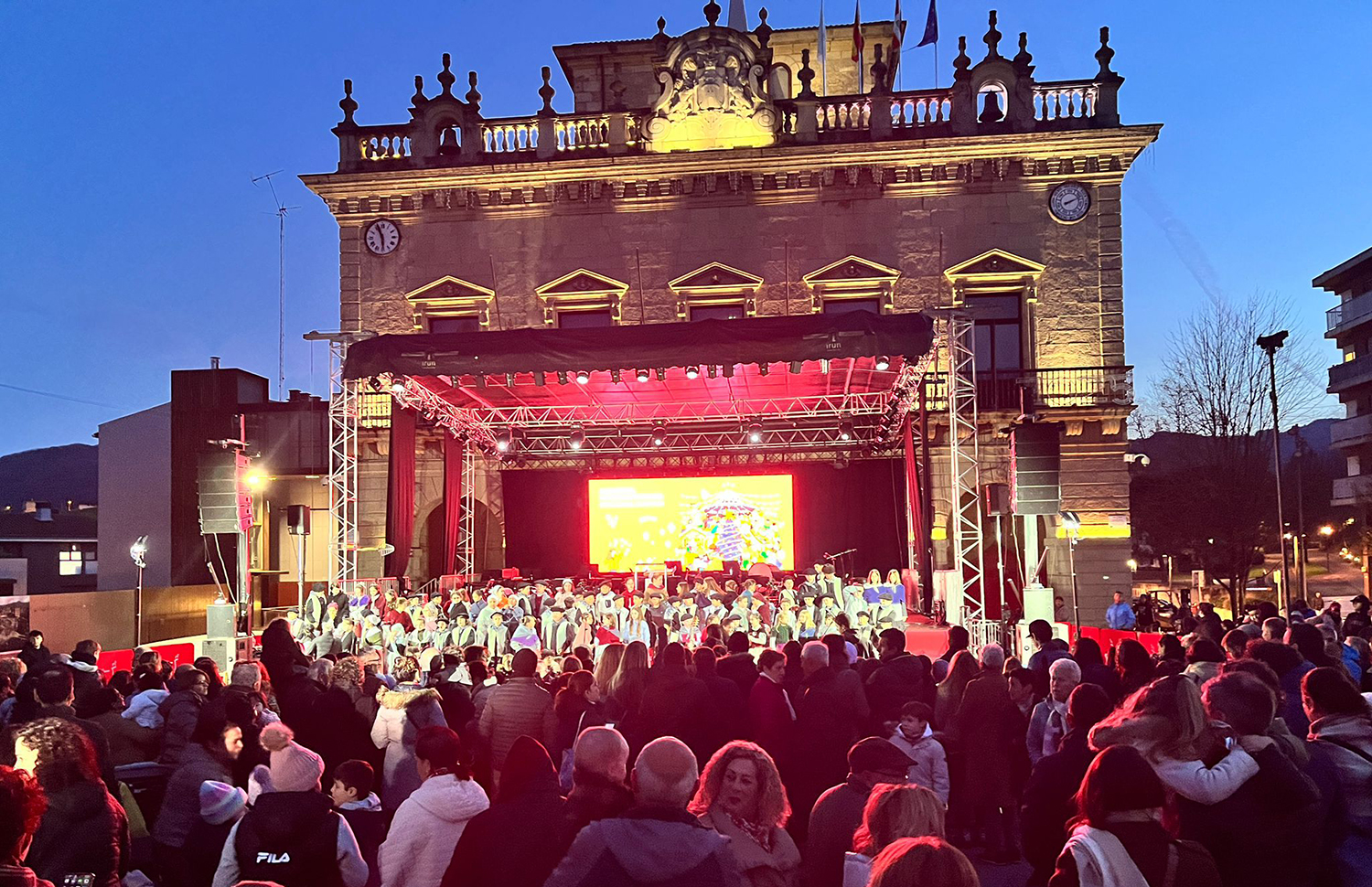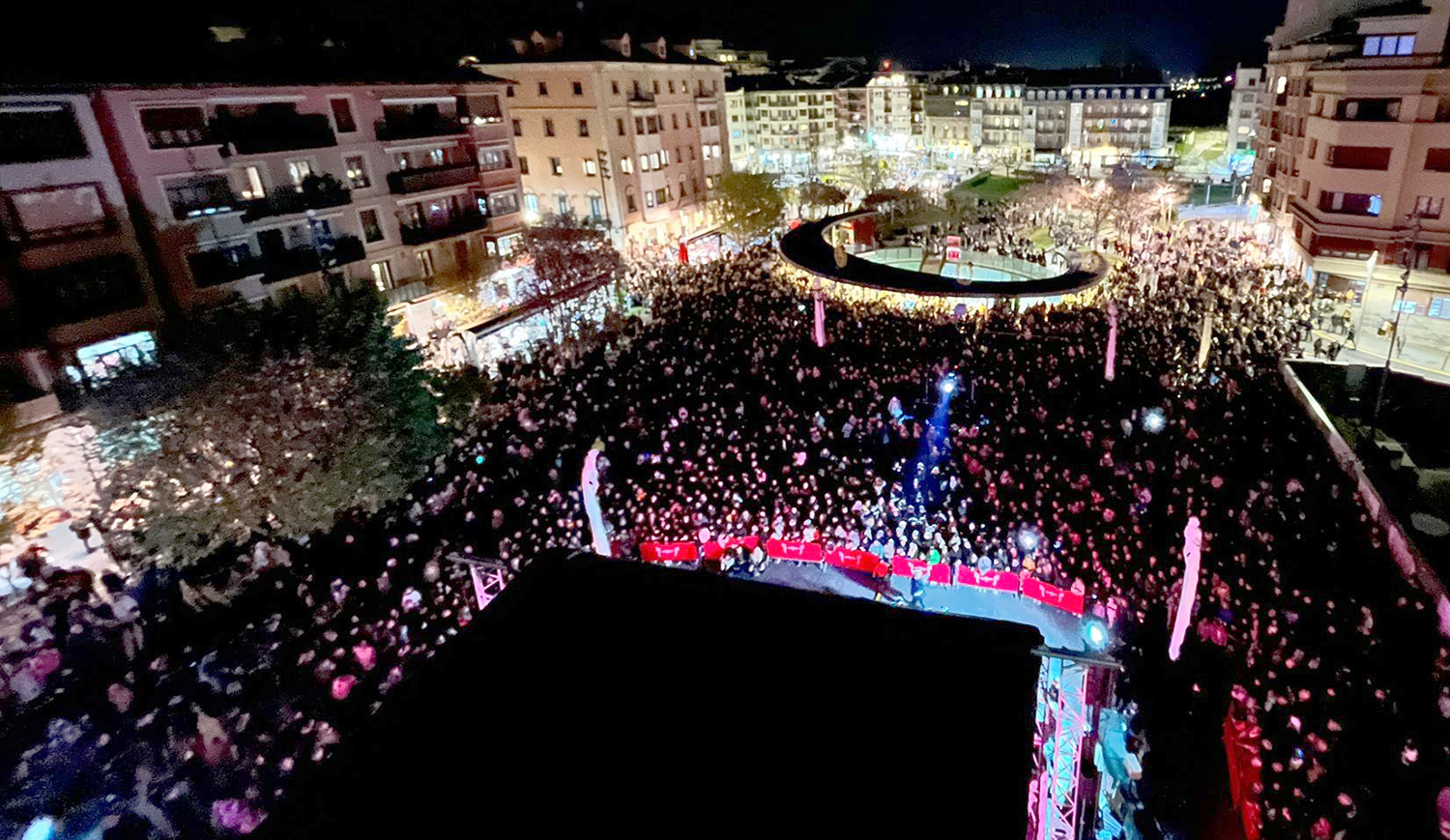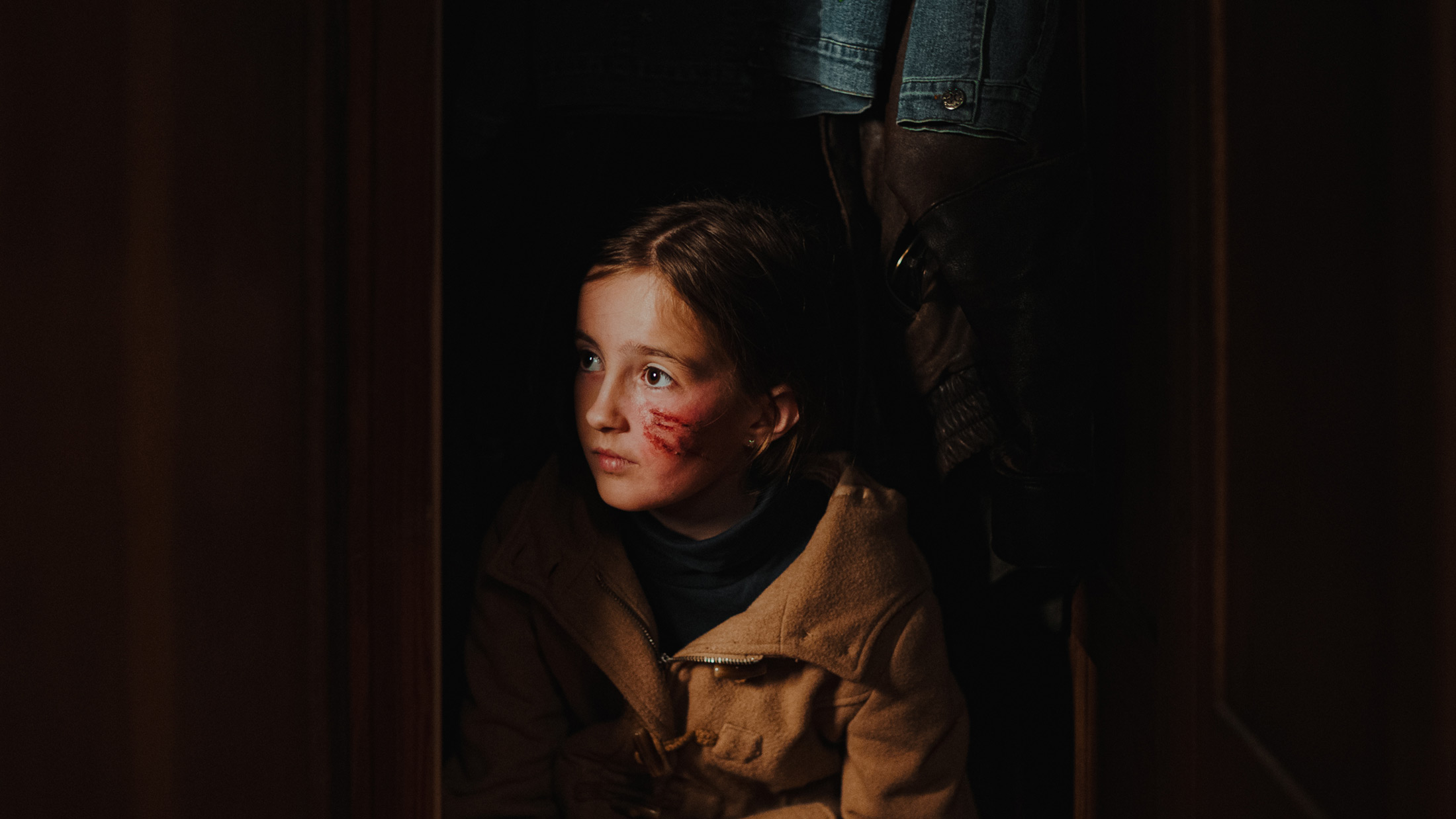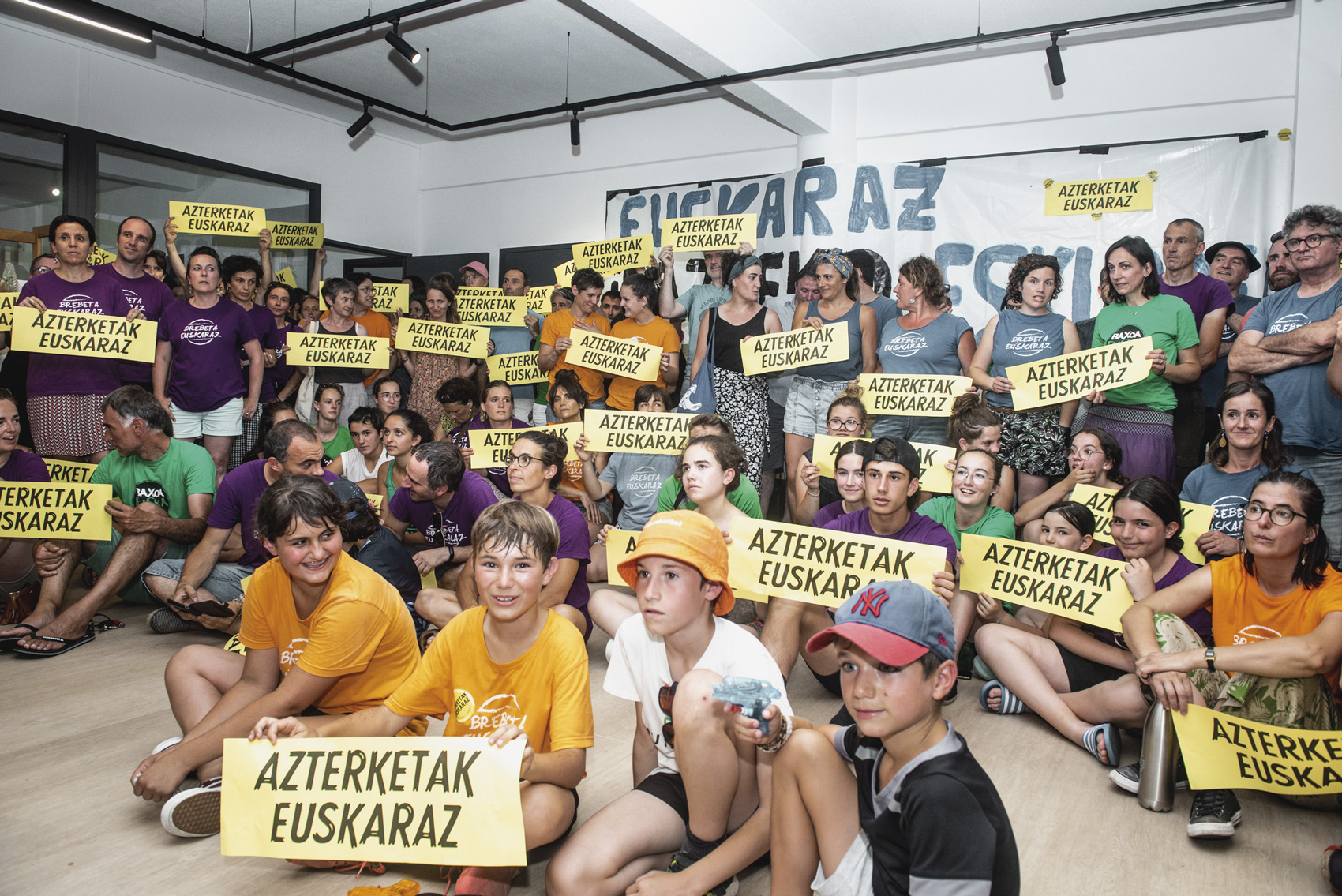"Faced with Parisian technocracy, this law is the triumph of democracy and territories"
- This Breton Member is the basis of a law that will bring great benefits to the Basque Country and to the minority languages that we depend on France in general. Many have considered "historic" the fact that on 8 April 2021 the French Parliament voted in favour, turning its back on the government's mandate to vote against. In the Jacobinism that repeats "the language of the Republic is French" is undoubtedly a historical fissure. Many opened a bottle of champagne to celebrate these new rights.
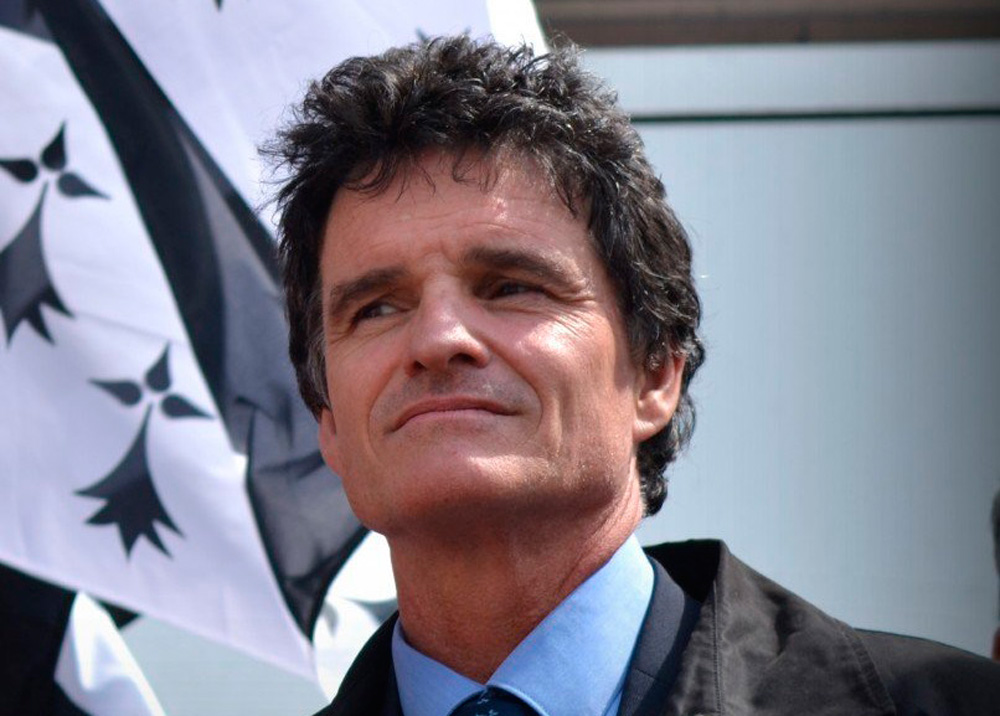
In Euskal Herria we have lived the vote on the law of minority languages as a historic moment and as a triumph. What reception does it have in Brittany?
Similarly, I received hundreds of messages of congratulations and only two of reproach. France has long had problems admitting diversity and local languages and cultures: it is in a model of assimilation, “forget what it is and become another; change language and culture, and you may become an interesting person.” In 1951 it was a law on local languages – the Deixonne Law – that allowed the teaching of local languages to be guided if it served to learn French… an issue that was completely out of matter. It seems that this law is the first to wager on local languages. We must be aware that France does not accept minorities or linguistic minorities. France says that we are all “paritarian”, but, of course, that is a lie, for everyone it is not worth parity, some are more egalitarian than others – let us suppose that the culture and language of some is the one taught in school. That's perverse, because it means being a French citizen is a French language and a culture citizen; we're in an ethnicization of the notion of a Republic, in a perversion of the Republican ideal, because being a Republican in itself means having political rights, and that's citizenship. France must come out of this view, a position that is unconcerned about the disappearance of the local languages.
How do you retain this vote?
I remember voting as a triumph for democracy and the territories against Parisian technocracy. We still have to do it, we have to make the law live, and we will have to look at how we can use it to go even further.
Despite the government’s question of voting against, Members have left. The vote is the result of the presentation and presentation you have made with a great deal of pedagogy.
The vote is clear, 247 in favour and 76 against. I believe that initially the associations did not believe in the possibility of passing the law either: at first reading in February last year Parliament voted on one side – rejecting articles on education – but seeing that in December last year the Senate reinstated those on education into the text, then they saw the feasibility. They have mobilised hopefully in all of them – Brittany, Alsace, Occitania, Euskal Herria, Corsica, Catalonia, even Picardy. There they went to see the deputies to present the law and explain the model of immersion. It is not bad that the Members of the regions find out about this, even though it is no more than a denial of conscience… Some Members of Paris have never crossed children who have been in the model of immersion and look at them with mistrust: "How is that possible?" The French is not going to dominate! ". Listen to the note and you get in touch with the explanatory work. I have also been in Parliament in the explanatory work, I have been responding to what the explanations were, and I have gone one by one to all the political groups. The Breton Members have also worked very hard, they have talked in their political groups about the need to vote in favour of the law. We are a lot of bretons, less about 30 and two or three, we have all voted in favour. We've all been on the spot, and that's what's made the law pass.
How do you explain that, even though the government asks to vote against, Members have not followed the mandate, even those of the government party?
Quite simply, I could say that you have understood that, as philosophers have defined, there are two separate powers, one legislative and the other executive. They voted in favour of their territory, of the local languages and of the State machine. They have become superior.
You have thanked the work done by the associations. It is also the basis of the collective Pour that vivent us langues or “For our languages to live”. This group advocates the teaching of minority languages and brings together about 40 regional structures. This has also influenced.
No doubt. We have succeeded in federating public, private Catholic and associative education, as well as regional associations. Correct information has been a means of passing it at the right time, so that the same message can be transmitted from all sites: After the Senate vote, Members are asked to vote on the law as it is finally enacted. On 8 April we discussed the four articles of the Senate on education. We had gone beyond the mandate to vote on the text as it was, because if it was not voted it would literally turn to the Senate, running the risk of passing the years.
"France says we are all the same. Of course it's a lie, some are more egalitarian than others."
How do you explain the position of the government, which once again stands firm in Jabobinism?
It doesn't surprise me. How many ministers have brought us benefits? Jack Lang, François Bayrou -- and the list stays pretty much on that. Everyone else looks at us from afar, everyone is linked to the idea that “we can teach the language of the place, but not too much, because it can lower the level of French”. This belief in discharge has never been demonstrated, on the contrary, in the evaluations we find that bilingual children have a better level of French. But the usual thing: In the imagination of the senior official in Paris, one language represents the other. Although all psycholinguists have praised multilingualism, the Ministry of National Education continues: The language of the Republic is French and it is now. To this must be added the perpetual beliefs, such as the fact that Minister of Education Blanquer considered it separatist in favour of minority languages. That does not like Members.
Have you been insulted?
Like a lack of nuance. The government's position has been dogmatic and political, not pedagogical and linked to the teaching of languages.
A model of immersion in the local language can also be offered at the public school. We can quite easily imagine that requests will be rejected by the rectorship... Despite the demand and the right, we have not received examples of rejection in the same way, for example in the bilingual department.
Yes, it may be thought that we are not going to be so weird about law enforcement, and that we will continue to have frictions. But you'll see what will decide whether to play -- because now there's also at the base the legislator's will, I don't think that National Education wants to play in that field. But you know, a law is not an anchor that brings spring -- if citizens don't get into their hands, they're also at risk of being impassive. In any case, I am not a lawyer, but in this law it is very clear to us that we have minority languages in our heritage, and France will have to direct together with the French the best way of teaching them.
The government has stated that the law is unconstitutional.
The Constitutional Council has been very clear: the local language cannot be forced. We are in this law because we give the opportunity, that is, we do not force ourselves. I am also not in favour of forcing: we begin to respond to the demand of all those who want to receive education in the local language, and then we will put the issue of forcing them on the table, then we will have another law and another debate. In essence, I do not have a clear opinion on this, the only thing I say is that drawing and music have been taught in class and because of that they discover some music and drawing, and yes, they are forced. In the same way, it may be thought that the teaching of local languages can also be forced. But we should talk about it, the population should agree, because it cannot derive in an authoritarian way. In Anarte, with this law we have made it possible for everyone who wants in the language of the place of education to have the opportunity to choose.
In this respect, I should also like to mention the official role. The examples are Quebec and Hego Euskal Herria. What happens is that minority languages have an official status. Can we imagine France recognizing its official status?
That is obvious! If they have achieved it elsewhere, we can also achieve it here, the French are not worse or more stupid than the others. It is true, however, that France has a lot to do with it. This comes from the French Revolution, which marked this country in a plural way and which, despite two centuries, continues to influence. But that is also changing, and I could say that we only have the La France Insoumise party blocked in 1793! Therefore, although I believe that we can achieve this, I could say that local languages will become official when they are going to be generalised in the centres and spoken on the street on a day-to-day basis. When we are going to live from the local language, without power, then we are going to get it. We have to dedramatise the issue, because the other day I do not understand! '97; he told me one. And what? Is it serious? When I'm in Euskal Herria and the people around me speak Basque, I don't get stuck, on the contrary. It is quite surprising that in France people think that when we speak we are against them! Certainly, if I have to say something to someone, or I will direct him in the language he understands or I will shut myself down.
"There, the associations have gone to see the deputies to present the law and the model of immersion"
Education is an essential area. However, the language used between the four walls of the class has no guarantee of the future. What can be done to ensure that these languages are also used in the town square?
It also depends on local communities. They can develop, for example, leisure centres in Basque and rugby training. But at the same time, in order to do so, the language must be used. In Brittany, 7% are bilingual, but 40% want to teach in Breton, and I am sure that if we raised it, almost everyone would! When 80% of Breton learns, the strength ratio will be different. Look, in Ipar Euskal Herria there are 40% who learn Euskera… Maleruski, it is still not enough, but you are on the right track.
What he says is that it also depends on the institutions of the place. In other words, instead of looking at Article 2 of the Constitution, we can develop bold language policies here.
Of course it does. Most of the current authorities are monolingual, they've grown up in the monolingual bottle, and most of all he told them they had to forget their language. It's also a cultural revolution for these. You have to change the mindset, but that's going to come from the bilingual side, when you're in a balanced bilingual. Within a few years, these chairs are bilingual and you will see that the spirit and the atmosphere are going to be totally different.
A language is much more than a communication tool, it is a way to read the world, it is a posture to situate oneself in the world, it is an imaginary ... The French public school would not be the point of transmission. Perhaps in that they have all their meaning the ikastola and, if so, the diwan schools...
In both cases I think it is feasible. You know, you speak of a public school teacher. [laughter]. History as a professor has always been based on the reality of Brittany. When I spoke of the French Revolution I was based on the letters sent by our municipalities or priests to Parliament, I did not depart from the documents of Paris. We are talking about an issue that goes beyond language, we are talking about the awareness we have of ourselves, and even if we are part of that language, it is not the only element. I know that "Basque" is "Basque", but what does not speak Breton in our country can be Breton, for example those from the East speak Galo and are Bretons alike.
Gabonetako argiak pizteko ekitaldia espainolez egin izanak, Irungo euskaldunak haserretzeaz harago, Aski Da! mugimendua abiatu zuen: herriko 40 elkarteren indarrak batuta, Irungo udal gobernuarekin bildu dira orain, alkatea eta Euskara zinegotzia tarteko, herriko eragileak... [+]












